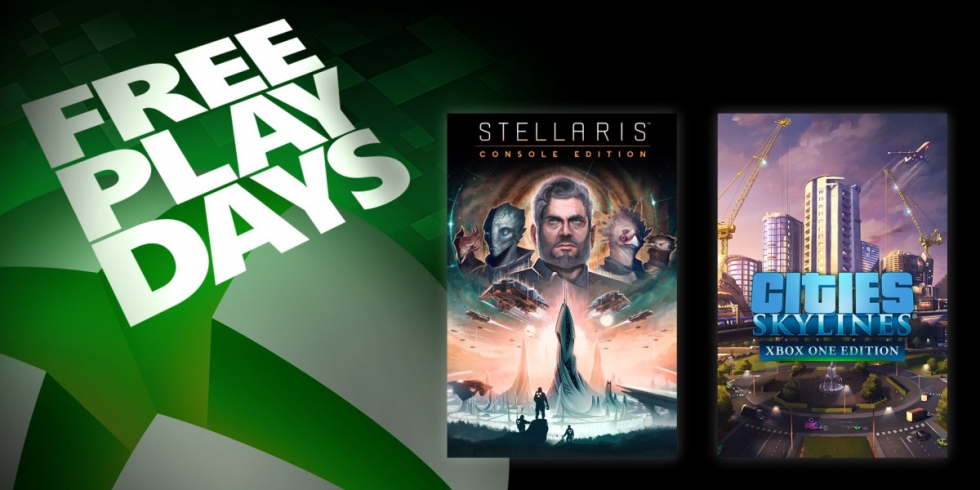

While things look a little dim when you're hovering far out in the Solar System, zooming in gives you a much interesting perspective. You will need admirals to lead your fleets, or scientists to give you an edge in an ongoing tech race.Īnd how the game looks helps you get into the narrative that you’re building in Stellaris. The fun of working out trade deals and scrapping over vital resources is some of the best parts of Stellaris. These empires could boast a powerful armada, causing you real problems, or they might be in awe of your advance tech.Įach playthrough will offer different combos, meaning you can’t be sure how things will turn out, even if you have chosen the options of how thing will work. This comes in handy when you start rubbing up against other empires, who may not take kindly to your own culture and ways of doing things. This is one of the ways Stellaris starts to peel you away from the micromanagement side of things, while also being able to bend that region to your needs. You set your own goals for the region, and as ever, there are plenty of options to choose from. That meant creating new areas that were run by dedicated Governor, who also needed to be recruited and scrutinised. This usually starts to happen when you found your first settlements and explore the regions around you.Įach Civilization has its own strengths and weaknesses, and mine could only handle a small group of settlements to govern. That’s why you might want to leave making your own Empire until later.Īs with any good empire game, you will find yourself exploring new research, expanding to new worlds and moving away from the micromanagement side of things. I now know more about the kind of Civ I wanted to lead and how I hoped to build my power in the Galaxy.

This might sound a little strange, but I found it quite easy to end my first game and start another, based on the knowledge I had acquired. The tutorial is handy, but the game’s mechanics are so vast that you probably won’t pick up everything in your first run-through. Much of the early game boils down to managing your resources and trying to make your Civilization thrive away from its home solar system. The start of Stellaris begins with a tutorial that helps you learn the basics and its safe to say that you will keep learning new skills over the hours you play through it. One of the first things you may be drawn to is the big battles you can take part in, as they can prove exciting and devastating.īut that’s just a small part of the Stellaris, which thrives on its many layers to make it an enjoyable, albeit, time-consuming experience. This is down to my own terrible skills at the game, but it also set me up for some major space drama that felt rewarding. I found myself learning a lot about what it takes to be successful in Stellaris over the first ten hours of gameplay, before being entirely outplayed by another civilisation.

If you’re new to all this then Stellaris will run the risk of bombarding you with information and questions that you might not know the answers to.īut my advice would be just to start a game and go through it with your eyes open and pick up the skills you need with your first playthroughs. The important thing to note is that everyone who wants to start playing should be able to find a fit for their own style of gameplay.Īnd by now you should have learnt that Stellaris is going to be a massive time sink and an enjoyable one at that. Personally, I find it hard to pass up the chance at leading some smart, sassy-looking Fungoids to the top of the galactic food-chain, but that’s just my own preference. You can also make your own, although I would suggest trying out one of the presets before embarking on that kind of quest.īut the great thing is that you have the option to customise the stuff you want, if you want to do that, providing a great layer of satisfaction.ĭo you want to lead a group who wants to dominate the galaxy through war and aggressive expansionism? There’s a Civ for that. When you start the game, your first challenge will be picking a civilization to lead and then sculpting them to certain ideals.


 0 kommentar(er)
0 kommentar(er)
